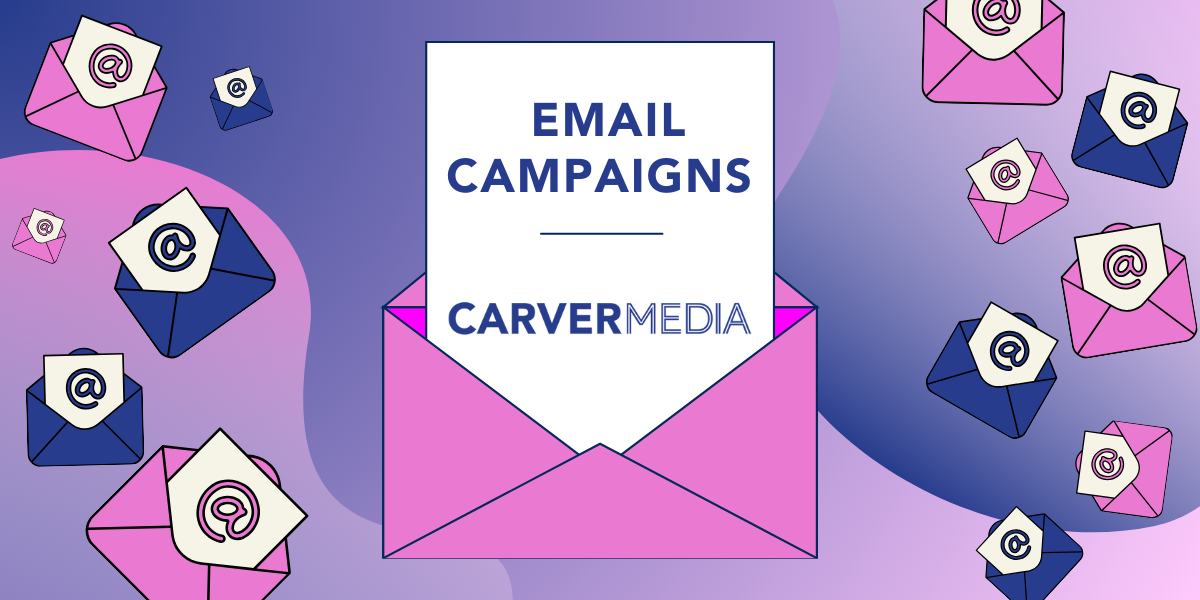Email marketing remains one of the most effective ways for businesses to connect with their audience, nurture relationships, and drive conversions. Platforms like Mailchimp make it easy to design professional campaigns, track performance, and refine your strategy over time. But why should your business invest in email marketing?
The Importance of Email Marketing
Email marketing offers direct access to your audience. Unlike social media, where posts can be buried in algorithms, emails land directly in your subscribers’ inboxes. It allows businesses to deliver tailored content, promotional offers, and updates in a personalized way that can be automated for consistency.
How to Find Your Ideal Email Marketing Audience
To ensure your campaigns are effective, you need to target the right people. Start by identifying who your current customers are and what their needs or pain points may be. Consider factors such as age, location, and buying behaviors. You can also collect email addresses via sign-up forms on your website, at point-of-sale interactions, or through social media promotions. Platforms like Mailchimp offer audience segmentation tools that help you send the right message to the right group, increasing engagement and conversions.
What Should You Write About?
Your email content should provide value to your readers. This can range from offering exclusive discounts to sharing educational tips or announcing upcoming events. Businesses can also share customer testimonials or case studies to build trust. The key is to keep your message clear, concise, and relevant to your audience’s interests.
Benefits of Email Marketing
- Direct and Personalized Communication: Email marketing allows businesses to send targeted, personalized messages directly to customers’ inboxes. By segmenting your email list based on customer behavior, preferences, or purchase history, you can tailor your content to be more relevant, leading to higher engagement and conversion rates
- Cost-Effective Marketing: Email marketing provides a high return on investment (ROI) with minimal costs compared to other forms of advertising. Sending emails is relatively inexpensive, making it an accessible option for businesses of all sizes to reach a large audience while maximizing budget efficiency.
Cons of Email Marketing
While email marketing has many benefits, there are some challenges to consider:
- Spam Filters: If not done properly, emails can end up in spam folders, limiting their reach.
- Content Overload: Sending too many emails can overwhelm your audience and lead to unsubscribes.
Ultimately, email marketing is a powerful tool for building relationships, generating leads, and driving sales. With platforms like Mailchimp, even small businesses can take advantage of its features to grow their customer base and boost engagement.
